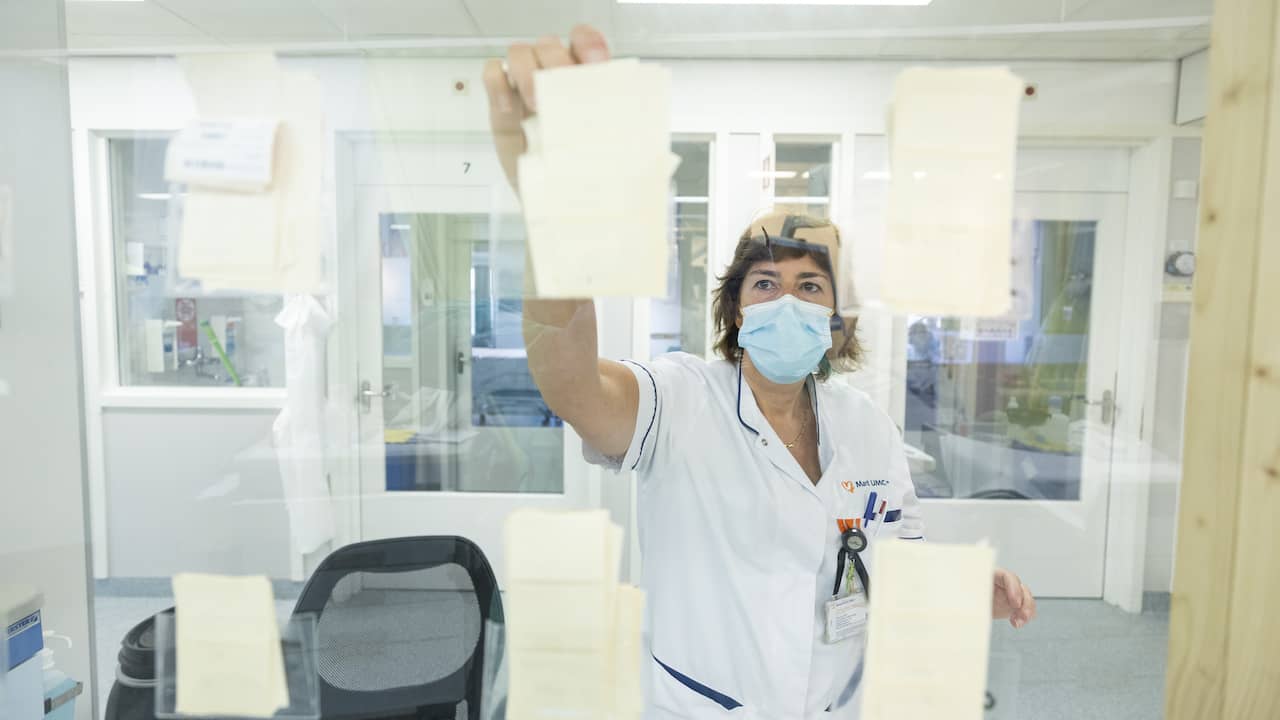Writer : Edwin Shri Bimo | Editor : Edy A. Putra
PARIS, KOMPAS.TV – The European Space Agency (ESA) unveiled the latest discovery of the space probe, Gaia, Monday (13/6/2022), in an effort to map the Milky Way galaxy in unprecedented detail.
Gaia’s research also aims to observe nearly two million stars and uncover mysterious stellar earthquakes that swept across the giant galaxy like a vast tsunami, the report said. Straits TimesMonday.
According to the ESA findings announcement, the 3 Gaia data release contains new and improved details for the nearly two billion stars in our galaxy.
The catalog includes new information including chemical composition, star temperature, color, mass, age, and the speed at which the star is moving toward or away from us (radial velocity).
Much of this information is revealed by recently released spectroscopic data, a technique in which starlight is broken down into its constituent colors (like a rainbow).
The data also includes special subsets of stars, such as stars that change in brightness over time.
Also new to this data set are the largest catalogs of binary stars, thousands of Solar System objects such as asteroids and moons from planets, and millions of galaxies and quasar outside the Milky Way.
Also Read: Research: Earth’s Plants Can Grow on the Moon, Prospects for Humans Exploring Deep into Space
“It’s like a Swiss knife in astrophysics, there isn’t a single astronomer who doesn’t use his data, directly or indirectly,” said Dr Francois Mignard, a member of the Gaia team.
Some new knowledge about maps of stars in close proximity to Earth, such as the catalog of more than 156,000 asteroids in our Solar System “whose orbits have been instrumented with unparalleled precision”, said Dr Mignard.
–


